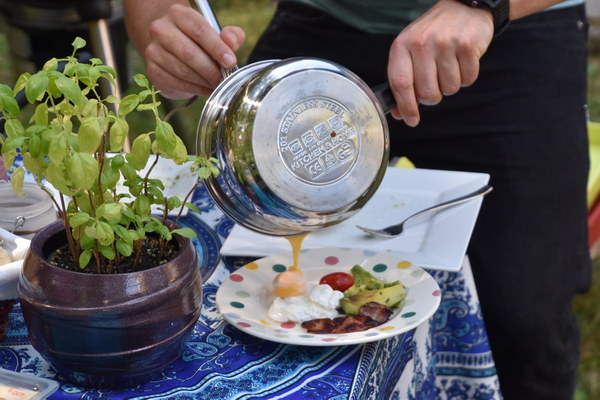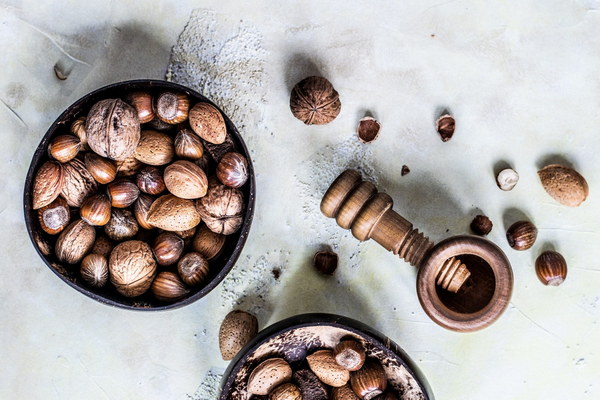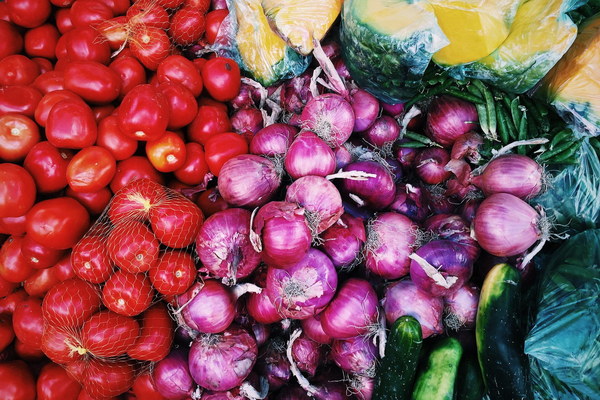Prioritizing Spleen and Stomach Health Addressing Dampness in Traditional Chinese Medicine
In the realm of Traditional Chinese Medicine (TCM), dampness is often considered a common internal imbalance that can lead to a variety of health issues. Many TCM practitioners advocate for the principle of treating dampness first, then nourishing the spleen and stomach. But why is it so crucial to address dampness before focusing on the spleen and stomach? This article delves into the concept of dampness in TCM and the importance of prioritizing spleen and stomach health.

Dampness in TCM is a condition that arises when the body's internal environment becomes too moist or when there is an excess of fluid accumulation. This imbalance can be caused by factors such as poor diet, excessive exposure to damp weather, or internal imbalances that lead to fluid retention. In TCM, dampness is often associated with symptoms such as fatigue, bloating, weight gain, poor digestion, and a general sense of heaviness or discomfort.
According to TCM, the spleen and stomach play a vital role in maintaining the body's balance. The spleen is responsible for transforming and transporting the nutrients from the food we eat, while the stomach is in charge of breaking down the food and absorbing nutrients. When dampness affects the spleen and stomach, it can lead to a variety of digestive issues, such as bloating, constipation, and diarrhea.
The rationale behind prioritizing dampness treatment before focusing on the spleen and stomach is based on the principle that dampness can impede the proper functioning of these organs. When dampness accumulates, it can create a sticky, obstructive environment within the body, making it difficult for the spleen and stomach to perform their essential functions. By addressing the dampness first, TCM practitioners aim to create a more conducive environment for the spleen and stomach to operate effectively.
To treat dampness, TCM utilizes a combination of herbal medicine, dietary adjustments, and lifestyle changes. Herbs such as astragalus, atractylodes, and rhizoma atractylodis are commonly used to drain dampness and strengthen the spleen. These herbs work by promoting the movement of fluids and enhancing the spleen's ability to transform and transport nutrients.
Dietary adjustments also play a significant role in dampness treatment. A TCM diet typically involves avoiding foods that are considered dampening, such as cold, raw, and sugary foods. Instead, individuals are encouraged to consume warm, cooked, and easily digestible foods that can help drain dampness. Foods such as ginger, garlic, and green tea are often recommended for their drying and warming properties.
In addition to herbal medicine and dietary changes, lifestyle modifications are essential for addressing dampness. Regular exercise, adequate rest, and stress management are crucial in maintaining a healthy internal environment. TCM emphasizes the importance of balancing the body, mind, and spirit, as these factors all contribute to the overall health of the spleen and stomach.
By prioritizing dampness treatment before focusing on the spleen and stomach, TCM practitioners aim to create a more harmonious and functional internal environment. Once the dampness is addressed, the spleen and stomach can work more efficiently, leading to improved digestion, increased energy levels, and a reduction in dampness-related symptoms.
In conclusion, dampness is a common internal imbalance in TCM that can have a significant impact on the spleen and stomach. By addressing dampness first, TCM practitioners can create a more conducive environment for the proper functioning of these organs. Through a combination of herbal medicine, dietary adjustments, and lifestyle changes, individuals can achieve a more balanced and healthy internal environment, leading to improved overall well-being.









